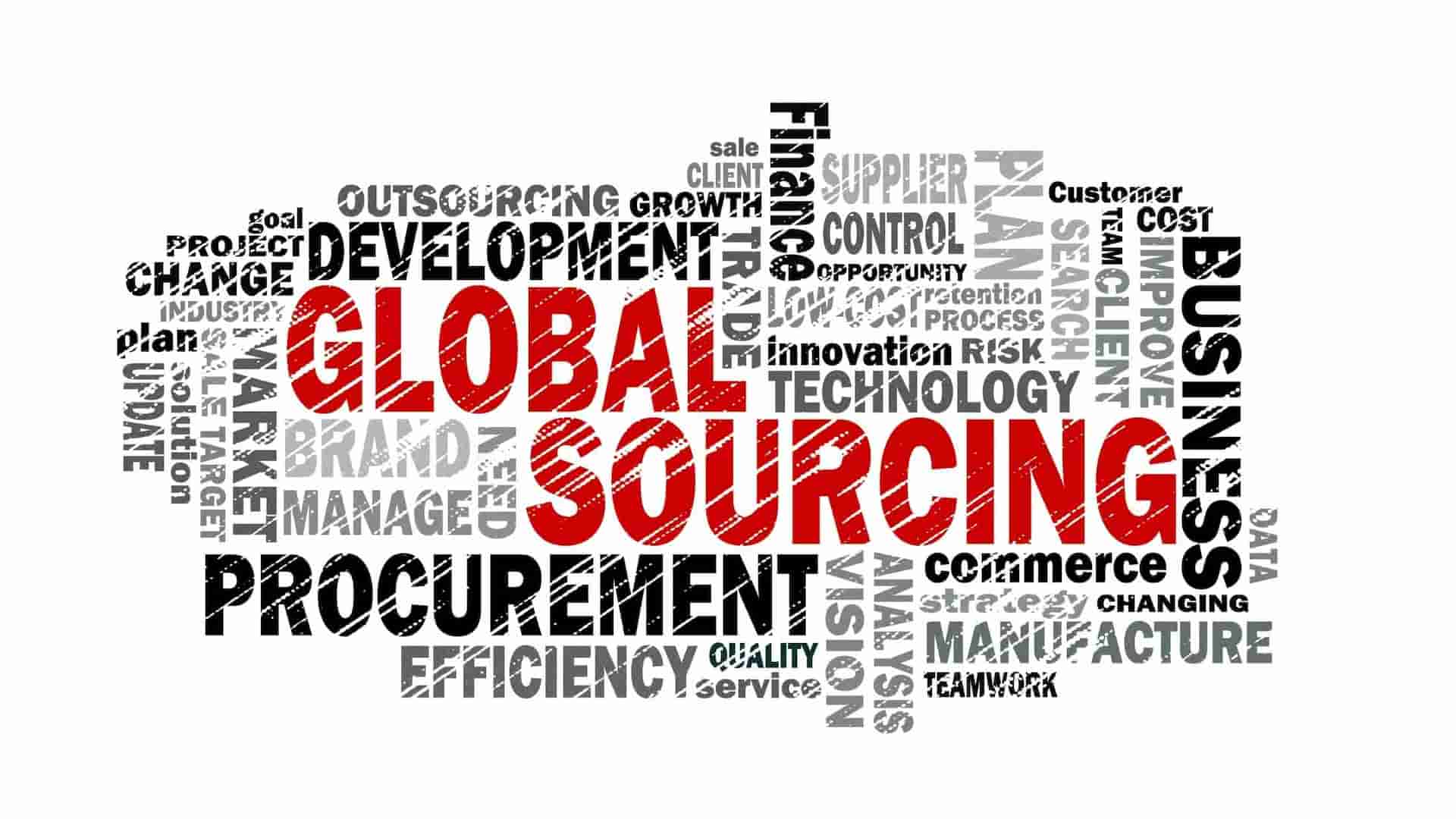Global sourcing is the method by which products and services are sourced from the international market. Although there is a lot of discussion about global sourcing, it doesn’t just concern goods. It also discusses efficient ways to find things like cheap but skilled labour, profitable components, and inexpensive raw materials. The general goal of global product procurement service is to obtain inexpensive raw materials and skilled labour, which makes it even more advantageous and cost-effective for the business.
To cut expenses on their products, modern-day organizations turn to source practices. However, if product expenses are cut, prices for goods and services will also be decreased. This will further entice customers to purchase a specific good or service.
However, there are some considerations that marketers can make when availing of product procurement service globally. For example, product quality, total landed cost, location, trade laws, logistics capability, IT capabilities, and responsiveness of international sourcing agents. Organizations are refocusing their procurement strategies with the assistance of strategic sourcing firms.
Factors to Consider When Procuring Services Globally
Total Landed Cost
The majority of people focus on the cheapest unit cost. Marketers must customs duties, focus on transportation, financing, brokerage services, insurance, etc. in addition to landed expenses. However, if you manage an organization, you also need to consider expenses related to unforeseen circumstances. Situations may occur when customs officials choose to evaluate the freight.
You must also consider the costs associated with the original collaboration and examination for this reason. The supply chain’s cost is another aspect that you must not ignore. To reach the target delivery date, delays in the supply chain would necessitate increased freight costs.
Product Quality
The quality must be clear for the seller and the customer to agree. If the product has quality concerns, it is tougher to communicate with a supplier across time zones, topographies, and societies. Everything is impacted by poor product quality, and the rate of returns due to irate customers is also affected.
Returns deplete the company’s resources because they divert funds that would otherwise be used to ship out good products in response to customer requests. Defective products must be considered outdated as a loss or sold at a discount that affects the bottom line. Having high-quality products through the supply chain is crucial for an organization.
Trial and error are necessary for some situations, but relationships form over time, and some merchants stick out for consistently offering extremely expensive goods.
Logistics Capability
If you are unable to receive the requested products on time, no matter how wonderful the product or quality is, it will be of no use in the end. Therefore, a reliable logistics system must exist in the country to get goods from the place of product procurement service or manufacturing to the harbour. Rainfall and seasonal variations should be considered. It’s crucial to stay connected with your global sourcing agent or sourcing advisor to quickly implement backup plans when your main plan or transportation route becomes inaccessible.
Trade Regulations
Governmental rules can either improve or detract from doing business. Therefore, it’s essential to estimate all trade restrictions exactly before forming any sourcing opinions. There are many government-sponsored journals, brokers, or consulting organisations that can assist a business in becoming knowledgeable about the legal requirements of international trade.
IT Capabilities
Choose a real-time supplier with IT knowledge if you want to know what has been shipped. Communication and open discussion between the buyer and the provider is essential. Documents that are late, missing, or inaccurate can cause delays in customs clearance and, ultimately, delivery to the destination.
With the latest and modern procurement techniques, organisations can overcome their procurement challenges. Modern e-procurement technologies can quickly align the flow of the product procurement service. They provide the resources and tools required by every company to automate end-to-end procurement and scale it up or down under those requirements. Once a business makes a learned decision, it becomes easier to handle profitable business globally.



